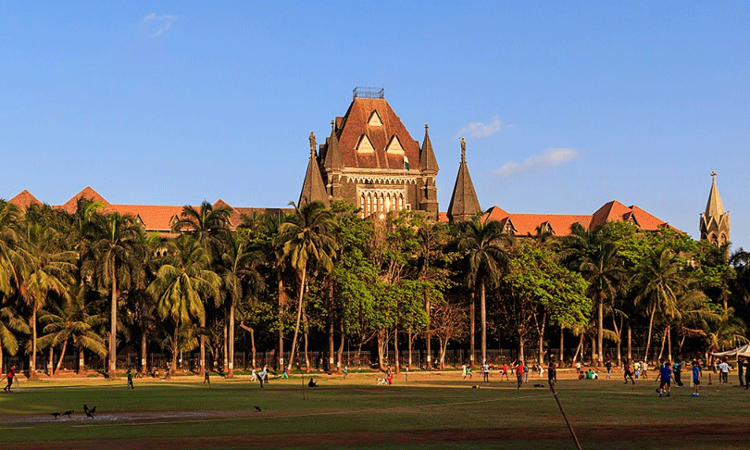Reliance On Evidence Filed After Conclusion Of Hearing; Award Is Patently Illegal: Bombay High Court
Parina Katyal
30 Sept 2022 2:00 PM IST

Next Story
30 Sept 2022 2:00 PM IST
The Bombay High Court has ruled that where the only documentary material relied upon by the claimant in the arbitral proceedings, is introduced on record surreptitiously and after the conclusion of hearing, the arbitral award is vitiated on account of patent illegality. The Single Bench of Justice Rohit B. Deo held that the power of the court under Section 34 (4) of the Arbitration...
